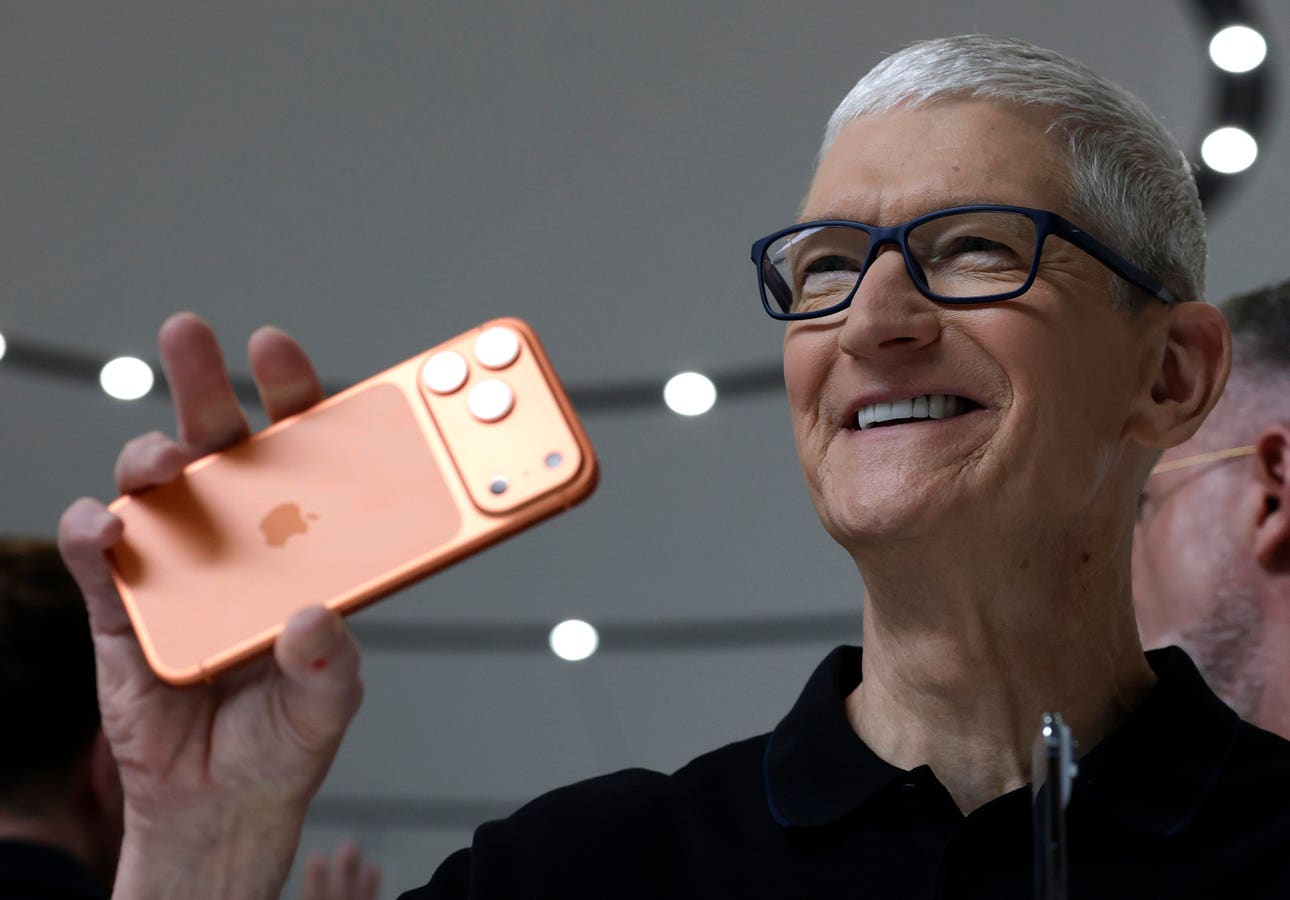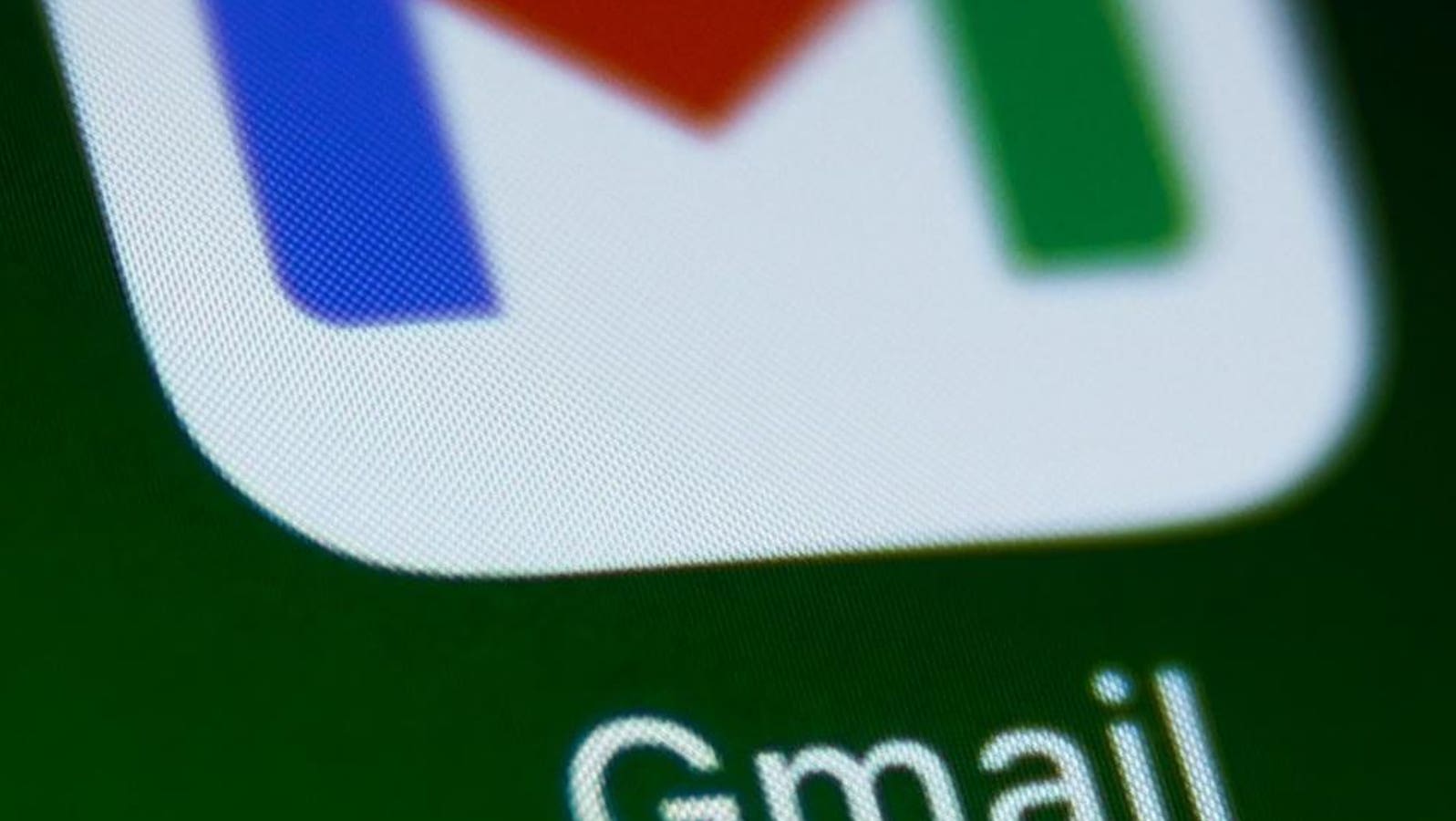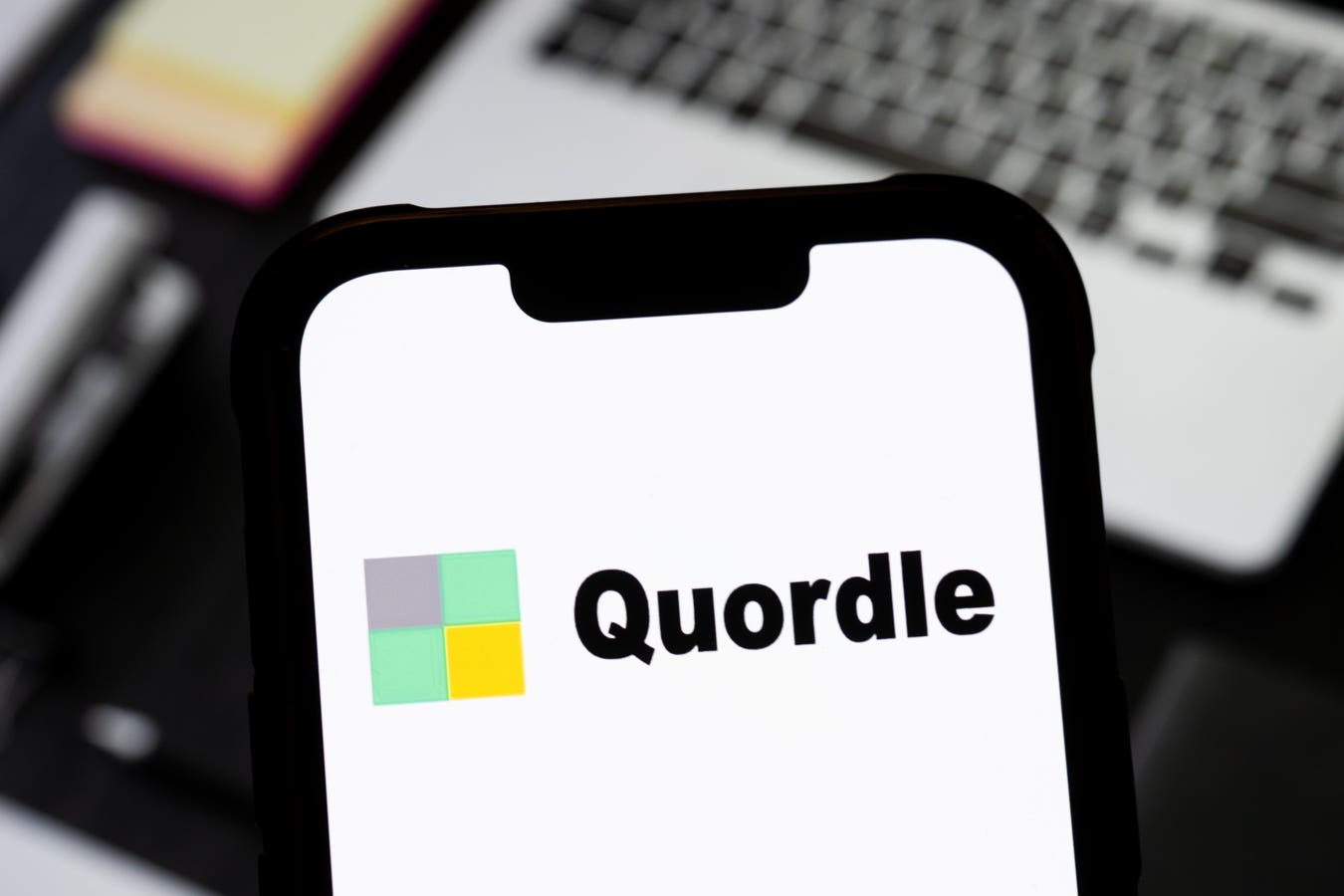Apple CEO Tim Cook holds up a new iPhone 17 Pro at Apple headquarters on September 09, 2025 (Photo by Justin Sullivan/Getty Images)
Getty Images
‘Tis the season of phone launches, with every manufacturer releasing new hardware backed up by software upgrades, all looking to tempt the market to their platform. Even a cursory reading of countless press releases shows that one term dominates above all… AI.
The race to establish artificial intelligence on smartphones is one where Google’s Android is in control and Apple is struggling to catch up. Yet there was a moment where that could all have changed. When did Apple miss the chance to win the AI smartphone battle?
Where There Is Software, There Is AI
At the top level, Android manufacturers have pushed AI into the top-level branding; Samsung has Galaxy AI, Honor has Honor AI, Xiaomi has HyperAI, OnePlus has OnePlus AI, and that carries on as you go down the list.
Stacked inside these AI brands are the AI apps, and you can’t escape the liberal use of the letter pairings. Xiaomi’s AI Eraser and AI Image Expansion; Honor’s AI Zoom, AI Translation and AI Minutes, OnePlus promotes AI VoiceScribe, AI Call Assistant and AI Perfect Shot; and again, a look through the latest press releases will see more AI-branded features.
Some manufacturers are starting to push back on adding the AI name to individual features, but still have it in the overall strategy. Samsung’s Galaxy AI is probably the clearest example here.
The Dilution Of AI
Very few programming techniques have received so much prominence in smartphone marketing. Yet “AI” encompasses a multitude of methods, ranging from computational photography and machine learning to adversarial and pre-trained transformational generative tools.
Simplifying all of this down to being AI helps with marketing, but the value of AI as a differentiator is lost. Perhaps the primary use of naming these features as AI features is to reassure customers that these tools are present? It also means that the controversy around the training of generative AI on copyrighted materials is not differentiated by consumers.
There was a point where saying the phone had AI was the big win for the market. Now, although all of the features are improved (and new features have been added), is the marketing of AI becoming a tired trope? Will 2026’s smartphone be dominated by features that utilise AI techniques but specifically pushed away from being labelled as AI?
Apple Missed The iPhone AI Calling Card
It’s at this point that I want to both credit Apple and highlight the open goal that Tim Cook and his team have missed. Apple has generally avoided using the term AI, but could not resist the increasing market pressure exerted first by Google’s “first AI-smartphone” marketing around the Pixel 8 and Pixel 8 Pro, and the subsequent pile-on by other Android manufacturers.
Even in the face of this, Apple decided to go with the awkwardly backronymed Apple Intelligence rather than AI. Unfortunately, Apple’s approach to AI to that point had been to keep the processing on the device and to keep user data secure. It has struggled to match the current definitions of AI that Android has so successfully embedded into the ecosystem through the widespread adoption of “AI whatever” across multiple manufacturers.
Yet Apple has been using techniques now recognisable as AI features for many years. The introduction of the Neural Engine into the A11 chipset in 2017 is probably he easiest landmark to pick out. Every A-series and M-series chipset since 2017 has featured the Neural Engine, which is used across a wide range of features, including Siri, Face ID, Smart HDR, Night Mode, Image Playground, and Writing Tools, to name the most recognisable.
Apple’s Missed AI Moment
Now imagine if all of these services had been specifically called out as AI. Not just Apple Intelligence debuting seven years early, but to have these called out as AI in the same way as the Android tools we saw springing up since 2023. Apple had an advantage in hardware and software, and its reach and stature would have made Apple’s AI the yardstick against which others would be measured.
Most importantly, Apple would have defined what it means to feature AI on a smartphone, and it would have benefited Apple and not Android. Tim Cook could have used the iPhone to lead AI in a different direction, with Apple firmly in the driving seat of the future.
For want of a prefix, an empire fell behind.
Now read the latest iPhone, AirPods, and iOS headlines in Forbes’ weekly Apple Loop news digest…









